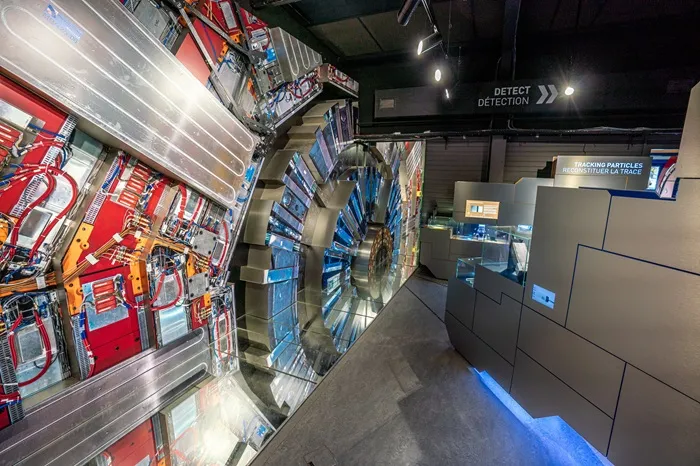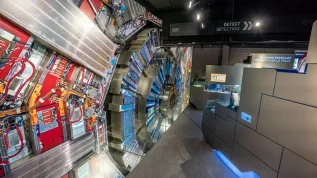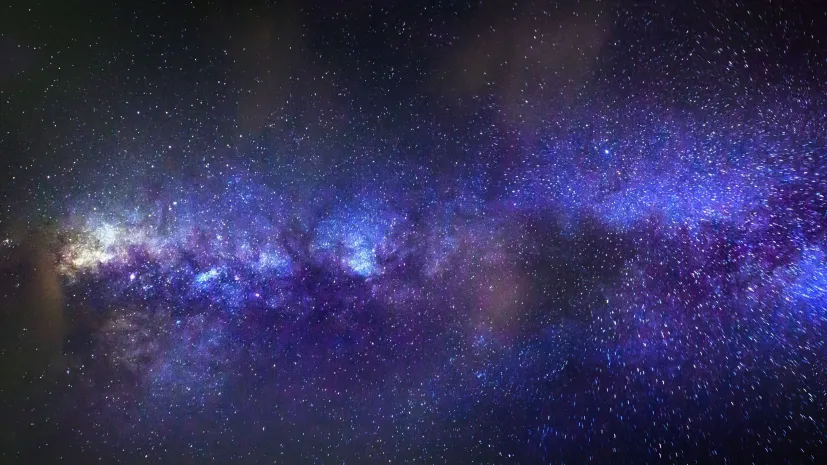
Scientists set record precision in dark matter measurements
An international team of scientists have carried out laboratory measurements of dark matter with 40 times greater precision than current astronomical observations, despite not detecting the elusive substance directly, according to a study published in Nature.
-
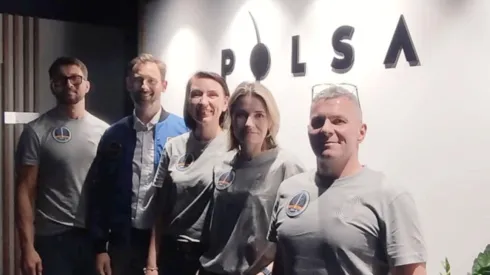
Neurofeedback brain training protects astronauts from stress during space missions
Brain training with neurofeedback proved to effectively protect astronauts from stress, specifically the stressor of social isolation, during missions to the International Space Station, according to results from the Polish IGNIS mission.
-
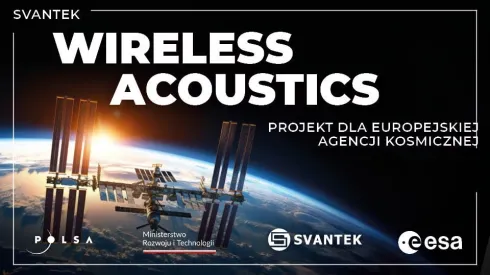
Polish-made devices complete noise-monitoring experiment aboard ISS
The Wireless Acoustics experiment, which measured noise levels aboard the International Space Station (ISS), has concluded, with Polish-made devices operating without fault.
-
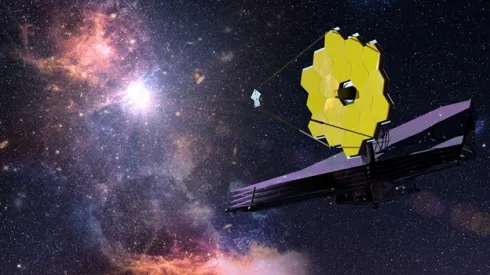
Stars shine in ultraviolet earlier than thought, space telescope finds
Ultraviolet radiation is present around some of the youngest known stars, even before thermonuclear fusion begins in their cores, according to new observations from the James Webb Space Telescope.
-
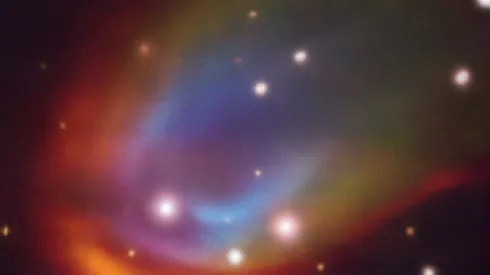
Astronomers spot mysterious bow shock around dead ‘white dwarf’ star
An international team of astronomers has discovered an unexpected bow-shaped shock wave around a nearby binary system containing a dead star known as a white dwarf, a phenomenon that current theories cannot explain. The finding was announced by the European Southern Observatory (ESO).
-
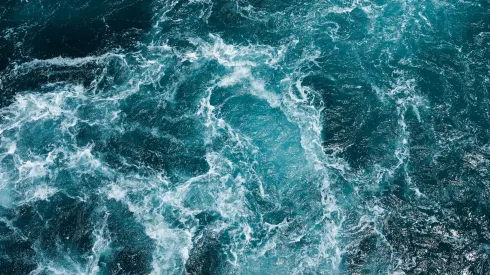
Undersea observatory learns to identify cosmic signals from sea noise
KM3NeT, a vast undersea network of thousands of light sensors in the Mediterranean Sea, is learning to distinguish rare neutrino signals from natural background flashes in real time, according to a study published in Nuclear Instruments and Methods in Physics Research A.
-

Poland expands satellite programme as launches and capabilities increase
Poland is launching increasingly advanced satellites as a result of decades of building space expertise, cooperation with the European Space Agency (ESA), supportive government decisions and growing private investment, according to Tomasz Barciński, PhD, of the Space Research Centre of the Polish Academy of Sciences (PAS).
-
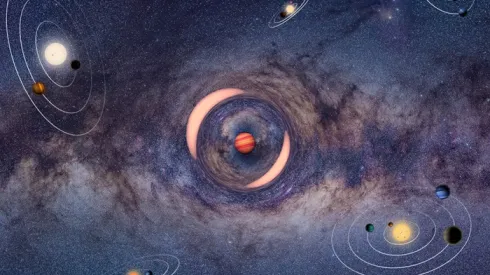
Astronomers find proof of rogue planets
An international team of astronomers, including researchers from Poland, has discovered a free-floating, or rogue, planet and precisely measured its mass for the first time, providing direct proof that such objects exist, according to a study reported by the journal Science.
-
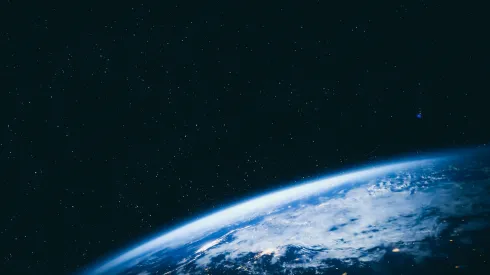
Redwire Polska to supply docking systems for TEC’s Nyx spacecraft
American aerospace manufacturer Redwire Corporation and Europe’s aerospace company The Exploration Company (TEC) have signed a contract to supply two docking systems for the Nyx spacecraft, with Redwire’s Polish branch participating in the project.
-
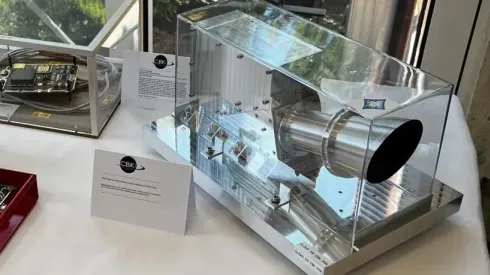
NASA’s IMAP records first space data - Polish GLOWS instrument confirmed operational
All 10 instruments aboard NASA’s Interstellar Mapping and Acceleration Probe (IMAP) have successfully recorded their first measurements in space, NASA has announced, marking the start of preliminary scientific data collection as the spacecraft travels toward the Sun.

